Is Peach Toxic to Cats? (Revealed!)
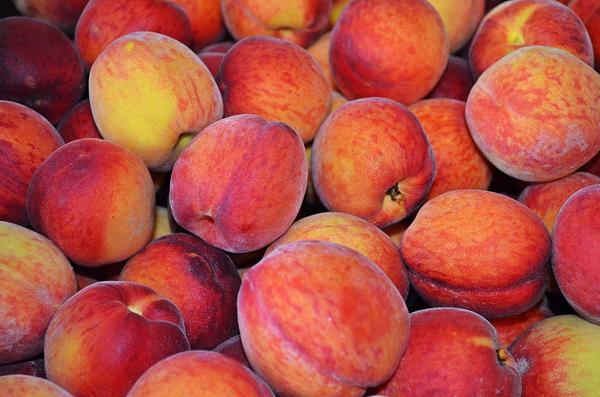
Just imagine:
You're enjoying a juicy, golden peach on a warm summer day when suddenly, a shocking thought hits you.
Could this innocent fruit be harming your beloved feline friend?
The fear envelops you.
But fear not! 😱
Let's unravel the truth together.
Let's begin.
What Are the Symptoms of Peach Toxicity in Cats
If your cat eats peaches, here's what to watch out for:
- They might vomit.
- Diarrhea could happen.
- Your cat might become sluggish and unenergetic.
- Weakness might be apparent.
- Worst case scenario, they could collapse.
Word of caution: peach poisoning can seriously harm or even kill your cat.
When this happens, you need to take them to the vet immediately.
Different cats react differently to peaches, so always ask a vet for advice.
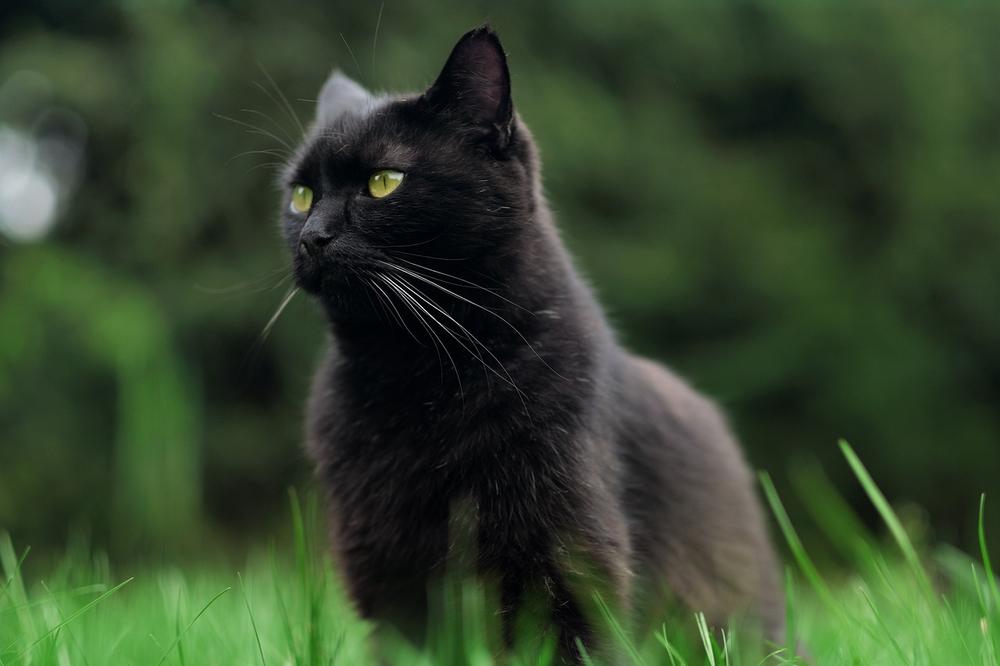
Some cats might have allergies to sugars or proteins in peaches.
Keep an eye out for these signs too:
- Their pupils may look bigger than usual.
- Breathing might become difficult.
- Gums might turn bright red.
- Shock is possible.
- And sadly, death is a possibility.
So act fast when you suspect peach consumption.
Contact a vet without delay and tell them all the relevant information about your cat's condition.
But remember, prevention is better than cure.
Store peaches securely away from your cat and ensure they can't get their paws on anything peach-related. 😺
Main points I'll expand upon further down this article:
- Consult a veterinarian before introducing peaches into a cat's diet.
- Give cats only a small piece of peach flesh and monitor their reaction.
- Do a taste test before offering peaches to cats to avoid digestive upset.
- Remove the skin of peaches and only offer the juicy flesh to cats.
- Cyanide in peach leaves, stems, and pits can be harmful to cats.
- Seek emergency veterinary care if you suspect cyanide ingestion.
- Peach pits can cause choking hazards, irritation, obstructions, and enteritis.
- Keep peaches out of reach, monitor cats near peach trees, and properly dispose of cracked pits.
- Fresh peaches are better than canned peaches for cats.
- Cats require protein-rich diets and peaches should only make up a small percentage of their prescribed diet.
Can Cats Eat Peaches?
While small amounts of peach flesh are generally safe for cats, you need to monitor their reaction and consult a veterinarian before introducing peaches into their diet. Offering a small piece for a taste test can help prevent any potential stomach issues.
Let's discuss the topic of cats and peaches.
Now, here's the deal.
Small bits of peach flesh are generally safe for cats to eat. However, it's important that you keep an eye on your furry friend and see how they react to this new fruity treat. We all know that just like humans, cats can have food allergies and sensitivities, so it's better to be safe than sorry.
Before you decide to introduce peaches into your cat's diet, it's wise to make a pit stop and consult your veterinarian.
These multitasking pros can provide you with tailored advice that suits both you and your feline friend.
Trust me, it'll save you from any potential headaches.
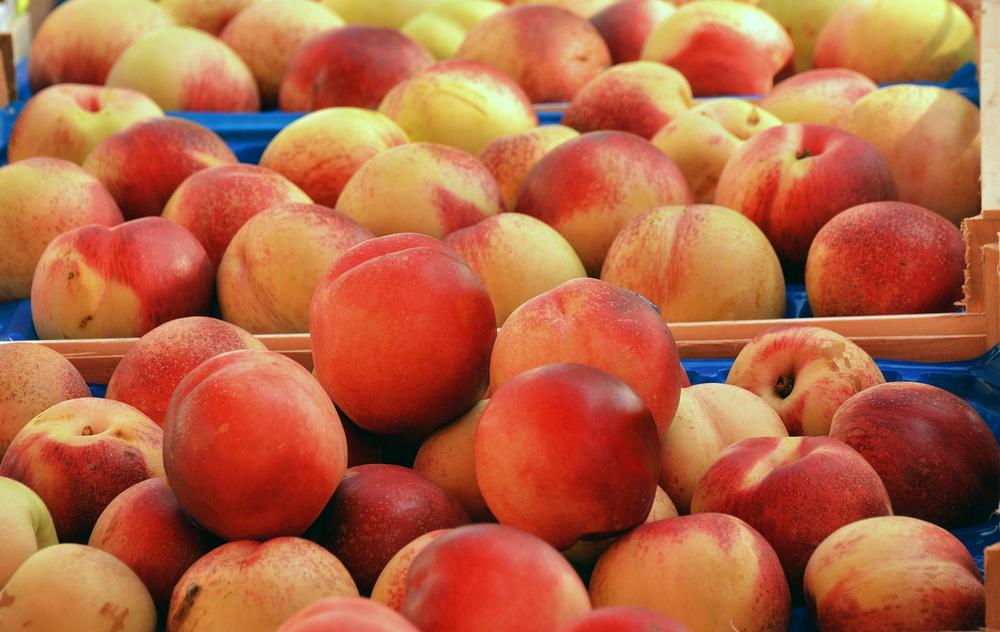
But hold on, there's more.
It's best to offer only a small piece of peach flesh to your cat.
I know it may sound a little odd, but conducting a taste test can actually help you prevent any tummy troubles or unexpected surprises.
After all, we'd rather be cautious when it comes to those sensitive kitty bellies.
You see, peaches belong to the Prunus genus, and in order to avoid getting overwhelmed with complex calculations, simply feeding them around 2-5% of their in essence meal plan should do the trick.
Easy peasy.
And there you have it, my friend. Now you're in the loop.
Keep your furry buddy happy and feeling peachy keen.
Can Cats Eat Peach Skin?
Peach skin can be dangerous for cats due to pesticides.
You should always peel peaches before sharing them with your feline buddy.
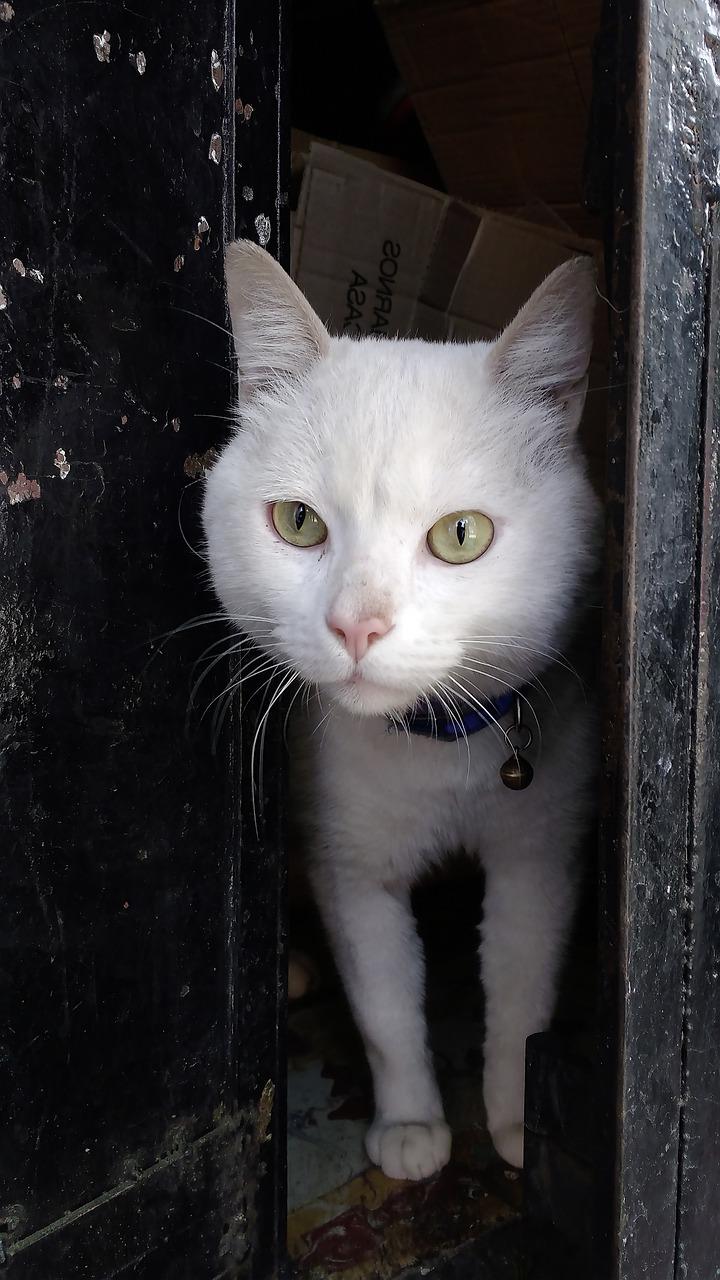
Remember that other parts of the peach tree, like stems and leaves, contain cyanide, which interferes with blood oxygen levels in cats.
If you want a substitute, nectarines are a good option.
They're similar to peaches but lack the fuzzy exterior.
Keep your cat safe and enjoy some juicy peach goodness together.
Can Cats Eat Peach Seeds?
Peaches can be dangerous for cats
You love peaches, but they're not good for your furry feline friend.
Why?
Peach pits.
While the flesh of the peach is safe, the pits are a different story.
These innocent looking seeds can actually pose serious risks if your cat ingests or chews on them.
Peach pits contain cyanide compounds
Now, I know this might sound alarming, but listen up. Peach pits have a chemical called amygdalin, and it's not something you want your cat to mess with.
Amygdalin is a cyanide compound – yes, cyanide...
If your cat gets hold of those pits, they could choke, get irritated, develop blockages, or even suffer from inflammation in their gut.
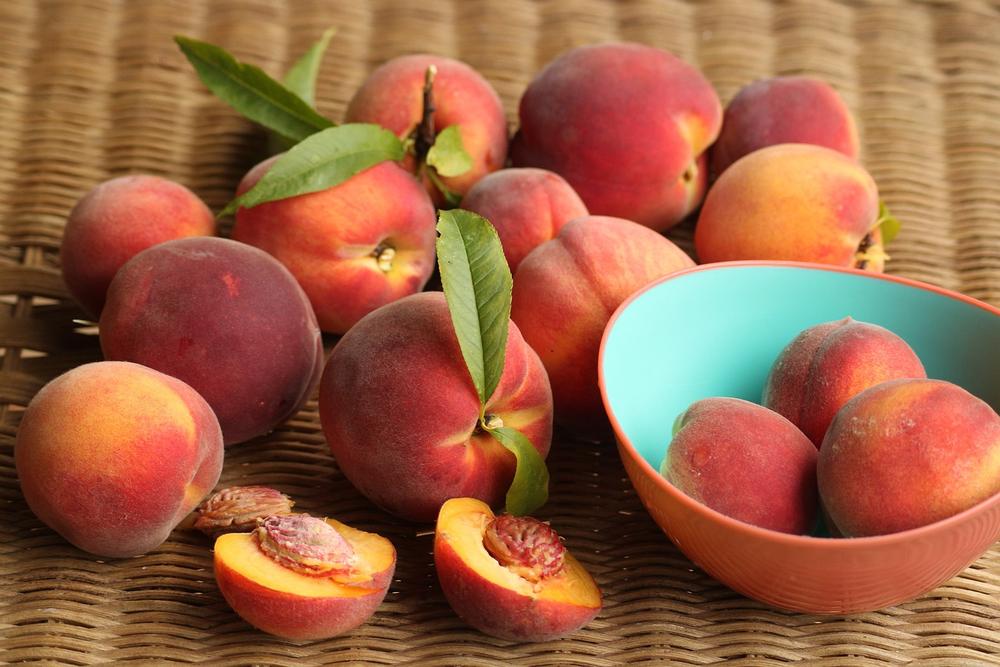
That's definitely no fun for your furry companion.
Don't overlook the symptoms
I don't mean to scare you, but you need to be aware of the signs that your cat may be in trouble.
If they've eaten peach pits and start struggling to breathe, feeling weak, being lethargic, or worse, collapsing – don't wait around. Take them to the vet right away!
Early veterinary care is crucial in these situations.
So, if you suspect any issues, don't hesitate to seek professional help.
Your beloved cat will surely appreciate it.
BUT wait, if you're a concerned cat owner like me, you might also be wondering about other fruits.
You might be thinking, "What about figs? Are they safe for my furball?" Well, I've got your back.
If you want to find out if figs are toxic to cats, I highly recommend checking out my article, Is Fig Toxic to Cats.
How Can I Prevent My Cat From Eating Peaches?
To prevent your cat from eating peaches, follow these tips:
- Store peaches on high shelves or in secure cupboards to keep them out of reach.
- Provide close supervision when your cat is outside near peach trees to prevent fruit consumption.
- If you decide to give peaches as treats, cut them into small pieces and serve in moderation.
- Dispose of cracked or exposed peach pits properly to avoid accidental ingestion.
- Keep stray or fallen peaches picked up to prevent your cat from coming across them.
- Before serving peaches, wash them thoroughly, check for abnormalities, and remove unsuitable parts.
By adhering to these instructions, you can make sure your inquisitive cat steers clear of peaches and stays away from any possible health hazards linked to eating fruits.
Remember, cats have unique dietary needs, so consult with a veterinarian before introducing any new foods into their diet. 🐾
Your cat's well-being is always the top priority!
Can Cats Eat Dried Peaches?
Cats need meat, that's their jam. But dried peaches?
Not so much.
They've got added sugars and fake sweeteners that can upset a cat's stomach.
If you're considering giving your cat a peachy snack, here's the deal:
- Fresh peaches are a safer choice than canned or preserved ones.
- Canned peaches are packed with sugar and preservatives that can cause weight gain, tummy troubles, dental issues, and other problems. So it's better to steer clear of them completely.
- Dried peaches also have extra stuff like sugar or fake sweeteners, so they're no good for cats either.
- Remember, cats need lots of protein. Treats made specifically for cats or small bits of fresh watermelon are a yummy and healthy option.
- Always talk to your vet before adding anything new to your cat's diet, even fruits. They'll give you expert advice based on what your cat needs.
Ensure your furry companion experiences a joyful and nourishing diet free from any potential peach-related complications by adhering to these suggestions.
And that wraps up today's article.
If you wish to read more of my useful articles, I recommend you check out some of these: Can Cat Eat Peanuts, Can Cats Drink Lemon Water, Can Cats Eat Strawberries, Can Cats Drink Chocolate Milk, and Can Cats Eat Corn
Talk soon,
-Sarah Davis